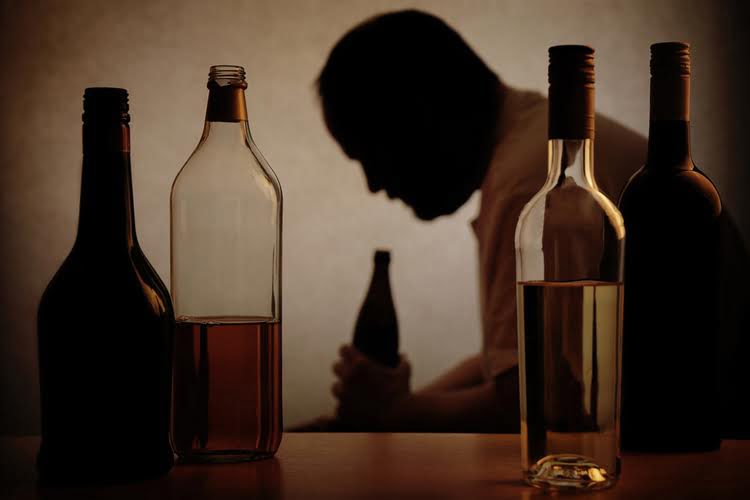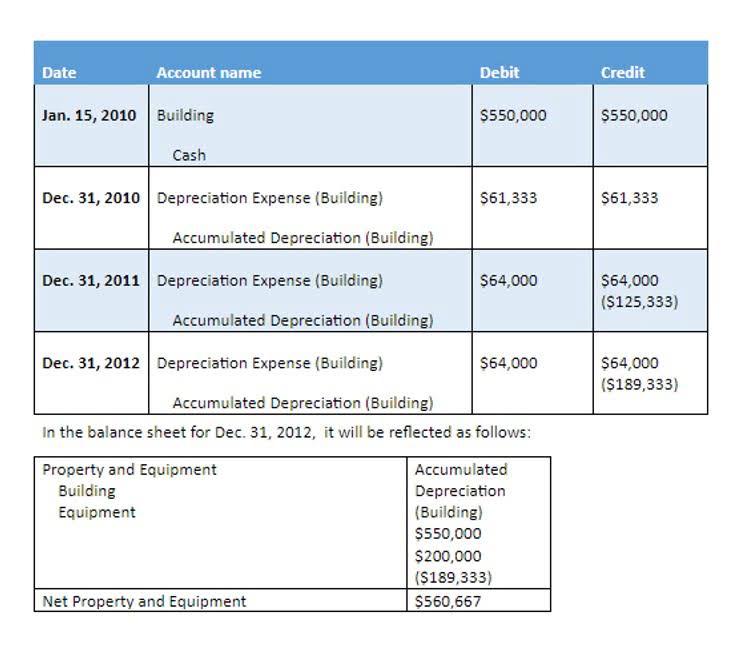Proper hydration and nutrition can alleviate some withdrawal symptoms and support overall health during the tapering process. It is imperative to approach tapering cautiously, and individuals are encouraged to seek professional guidance to ensure safety throughout the process. I don’t recommend tapering yourself at all, and I especially don’t recommend doing it rapidly, but it has been done. Some people have done a rapid taper in which they go from their baseline to zero in a weekend or so.
- Alcohol proof is the amount of alcohol found in distilled spirits or liquor.
- Tapering is the practice of slowly reducing the regular consumption of a substance like alcohol.
- Your insurance plan may cover some or all of the cost of medical detox for drugs and alcohol.
- The rest of this guide addresses pre-planning, withdrawal symptoms, planning, creating a taper schedule, and the next steps after a taper.
- The most common research technique among those surveyed is an internet search (61%), followed by asking a doctor or medical professional (55%).
Managing Pain with Addiction in Mind
- Quitting binge drinking may require different strategies than either tapering or cold turkey.
- Tell them what you’re planning on doing, give them a copy of your planned taper schedule, and have them hold all the alcohol to portion out and give to you as needed.
- Substitution involves replacing alcoholic beverages with non-alcoholic ones.
- By Buddy TBuddy T is a writer and founding member of the Online Al-Anon Outreach Committee with decades of experience writing about alcoholism.
- We offer 16 detox beds and around-the-clock medical care provided by a multidisciplinary team of addiction experts.
- In these cases, talk to your doctor before cutting back on your drinking.
After this is calculated, make a schedule where you consume your normal amount on the first day and make regular reductions each day after. A standard drink is a term used because different alcoholic beverages have different concentrations of alcohol, giving you varying amounts of alcohol depending on the fluid you drink. This can equate to as much as a full https://drbobah.com/category/photo/page/2/ bottle of beer or less than two tablespoons of whisky.

How to Gradually Stop Drinking

Discover 10 ideas to help you give up alcohol and empower change for a healthier, happier life. Explore how increasing alcohol prices decreases alcohol-related deaths and impacts public health today. Discover why you should start talking to your kids about alcohol early for healthier futures and open dialogue.
Alcohol vs. Drugs: Breaking Down the Debate on Alcohols Classification

Discover the dangers of driving under the influence of prescription drugs and learn essential safety https://manwb.ru/news2/1257/ measures. Discover key tips for finding accredited heroin rehab centers to help you get clean and reclaim your life. That ’70s Show star Lisa Robin Kelly dies suddenly in rehab, revealing a tragic struggle with addiction. Discover how to cope with the need for pain management in the face of addiction with practical strategies and insights. Why waiting to get treatment is always a mistake for your health.
- Generally, alcohol withdrawal starts within eight hours of the last drink but can occur anytime within the first several days after you stop drinking.
- Start by estimating how much you drink on a daily basis—and be honest with yourself.
- Mixing alcohol with benzos is very dangerous and will land you in the hospital really fast.
Find an accountability partner or someone you can call to keep you on track when you want to drink. Build a network of people you can go to when you need help, join a support group or see a therapist. To create an effective taper, you must know how much you drink daily on average. It can be easy to underestimate how much you drink, and being as accurate as possible is important. Excessive drinking can weaken the immune system, increasing the body’s likelihood of developing an infection.
Further, mental health disorders like anxiety and depression are extremely common in those who struggle with drinking, and these disorders can make it even harder to stay sober. Gradually reducing alcohol consumption can be achieved through a substitution taper. Prolonged and excessive alcohol consumption can impact your brain, causing changes to the neurotransmitter gamma-aminobutyric acid (GABA) receptors. Heavy drinking can lead to a reduction in the sensitivity of your brain to the amount of GABA produced.
- Medical detox is often the safest and most effective way to manage alcohol withdrawal for those with severe alcohol dependence.
- For some drinkers, cutting down on the amount of alcohol they drink simply does not work.
- Every person has unique needs, and tapering off may not be an adequate solution to reduce or stop drinking.
- The guidelines for tapering from alcohol are generalized; you may need to modify the tapering schedule if you have difficulties with the original plan.
- Explore how increasing alcohol prices decreases alcohol-related deaths and impacts public health today.
Ready to Break Free From Addiction?
The purpose of alcohol tapering is typically to avoid some of the more dangerous symptoms of detox. The length of time for alcohol tapering depends entirely on your baseline of use. Ask loved ones to look out for signs of alcohol relapse to help you stay on track with your recovery process. If you drink heavily on a regular basis, it can be dangerous to stop alcohol cold turkey. For this reason, you should not suddenly quit drinking without talking to your doctor. The consequences of quitting alcohol cold turkey can be serious and lead to https://greeceholidaytravel.com/phytolamps-for-seedlings-your-key-to-healthy-and-strong-plants.html alcohol withdrawal syndrome, which can be fatal in severe cases.


